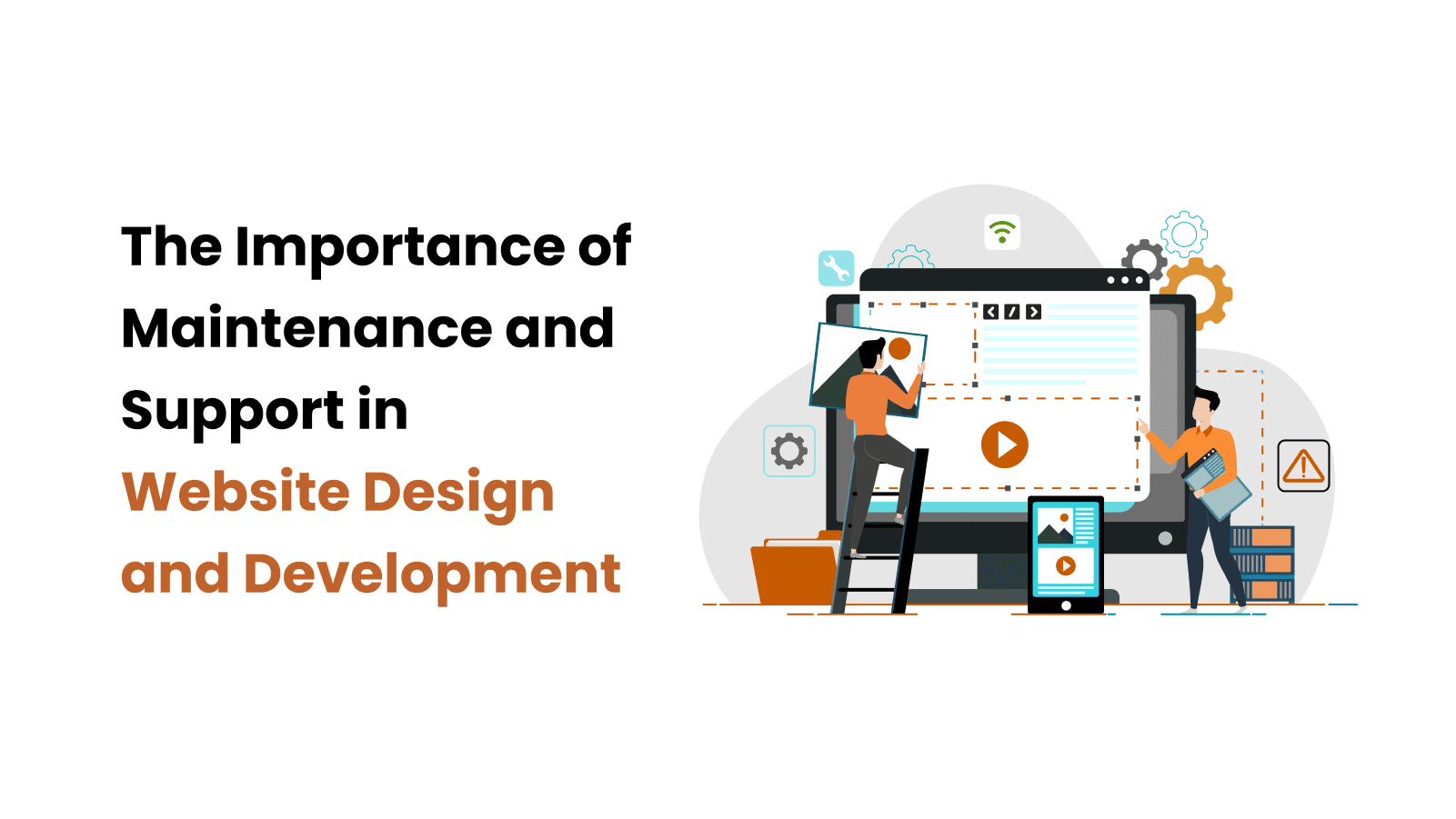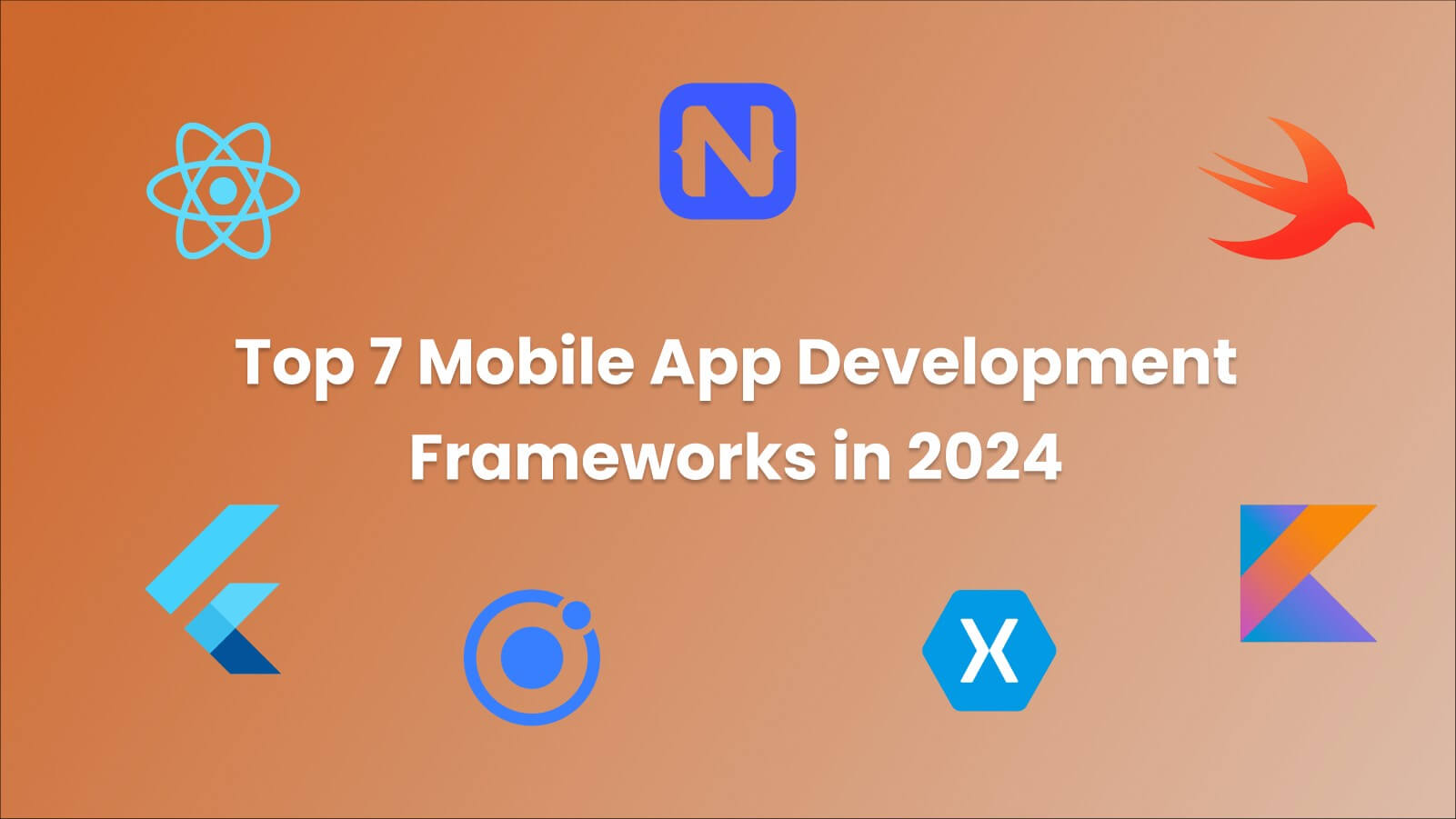
Landscaping website development is a critical component of establishing a strong online presence for your landscaping business. However, when it comes to landscaping website development, one burning question takes center stage: 'How much does landscaping website development cost?' A well-designed website can be a powerful asset for landscaping businesses, helping them showcase their services, reach a broader audience, and establish a professional online presence. In an era where the majority of consumers turn to the internet to search for local businesses, having a landscaping website ensures that your business is easily discoverable. Prospective clients can find information about your services, location, contact details, and even view your portfolio at their convenience, 24/7. This round-the-clock accessibility can lead to increased inquiries and ultimately more business. A well-crafted landscaping website provides you with a platform to showcase your expertise and highlight your unique landscaping skills. Through high-quality images, detailed descriptions of your services, and informative blog posts, you can demonstrate your knowledge and passion for landscaping. This can instill confidence in potential clients, making them more likely to choose your services over competitors. A professional landscaping website conveys credibility and trustworthiness. It shows that you are a legitimate business that is invested in its online image. Client testimonials, certifications, and before-and-after photos can further reinforce your reputation and help potential clients feel more confident in their decision to hire your landscaping services. Your landscaping website serves as a marketing tool that can help you generate leads and convert them into paying clients. By optimizing your website for search engines (SEO), you can increase its visibility in search results, driving organic traffic. Additionally, you can integrate various lead generation tools, such as contact forms and call-to-action buttons, to capture potential clients' information for follow-up. In a competitive landscaping industry, a well-designed website can set you apart from the competition. It allows you to showcase your unique style, portfolio, and the range of services you offer. It also provides a platform to communicate your brand's story and values, giving potential clients a reason to choose your landscaping services over others. It's essential that your website is mobile-friendly. A responsive website design ensures that it looks and functions well on various devices, enhancing the user experience. Mobile accessibility can also impact your website's search engine rankings, as search engines prioritize mobile-friendly sites. Compared to traditional advertising methods, a landscaping website is a cost-effective marketing tool. It allows you to reach a broad audience with a relatively small investment, making it an excellent long-term marketing strategy for your landscaping business. Landscaping websites come in various forms and serve different purposes, catering to the diverse needs and goals of landscaping businesses. Portfolio websites primarily focus on showcasing the landscaping company's previous work and projects. They feature high-quality images, descriptions, and sometimes case studies of landscaping designs and installations. These websites are particularly effective for businesses looking to visually demonstrate their expertise and attract clients interested in seeing examples of their work. Service-oriented landscaping websites emphasize the range of services offered by the company. They provide detailed information about landscaping services such as lawn care, garden design, tree maintenance, and more. These sites often include service descriptions, pricing, and contact details for inquiries. Some landscaping businesses sell products like plants, garden tools, or landscaping materials in addition to offering services. E-commerce websites are designed to facilitate online sales. They include product listings, shopping carts, secure payment processing, and shipping information. E-commerce landscaping websites are ideal for businesses with both service and product offerings. Blogs and informational websites are content-focused. They provide valuable information about landscaping, gardening, and outdoor living. These websites often publish articles, how-to guides, and tips on various landscaping topics. While their primary purpose is to educate and engage the audience, they can also indirectly promote the landscaping business as an industry authority. Sometimes, businesses opt for simple one-page websites or landing pages to convey essential information quickly. These types of websites often feature a concise introduction, a list of services, contact details, and a call-to-action to encourage potential clients to get in touch. They are straightforward and serve as a digital business card. Landscaping businesses that offer services like lawn care, maintenance, or consultations can benefit from booking and appointment websites. These sites allow clients to schedule services online, view availability, and select appointment times. They can be integrated with calendars and booking systems for efficient scheduling. Some landscaping businesses create websites with a community or social focus. These sites encourage user engagement, discussions, and sharing of landscaping ideas and tips. They can include forums, user-generated content, and social media integration to build a community around landscaping enthusiasts. The cost of developing a landscaping website can vary significantly based on various factors. Understanding these factors is crucial for budgeting and planning your website project effectively. The complexity of your website plays a significant role in determining the cost. A simple, one-page site with basic information will cost less than a multi-page site with e-commerce functionality, appointment scheduling, and a blog. The more features and functionality you require, the higher the development cost. The design and graphics of your website can impact the cost. Custom, high-quality design work, including logos, images, and branding, often comes with a higher price tag. Stock photos and pre-made templates can be more budget-friendly options. Content is a critical component of your website. The cost of content creation depends on whether you write the content yourself, hire a professional copywriter, or use existing content. Well-written, informative content can enhance your website's appeal and search engine optimization (SEO). If your landscaping business offers e-commerce capabilities for selling products or online booking for services, this functionality can increase development costs. Integrating secure payment gateways, inventory management systems, and scheduling tools requires additional time and resources. SEO is essential for improving your website's visibility on search engines. The cost of SEO services varies depending on the level of optimization required, keyword research, link-building, and ongoing maintenance. A well-optimized landscaping website can attract more organic traffic, potentially justifying the SEO investment. The annual cost of a domain name (your website's web address) and hosting (where your website files are stored) can vary based on the provider and the plan you choose. Some hosting providers offer free domain registration for the first year with hosting services, which can help reduce initial costs. A responsive website design, which adapts to various screen sizes (e.g., mobile phones, tablets, desktops), is crucial for user experience and SEO. Ensuring your website is mobile-friendly may come with an additional cost for development and testing. Your choice of website development approach influences the cost. Hiring a professional web developer or agency generally leads to a higher upfront cost but often results in a more polished and functional website. DIY options using website builders are typically more cost-effective but may have limitations in terms of customization. Websites require ongoing maintenance to ensure they remain secure and up-to-date. You can choose to handle maintenance yourself or hire a web developer for regular updates, backups, and security measures. Ongoing maintenance costs may vary based on the complexity of your site and the frequency of updates. Any extra features you want to include, such as a blog, image galleries, contact forms, or customer review sections, can contribute to the overall web development cost. The complexity and functionality of these features will influence the price. If you plan to integrate third-party services or tools, such as social media widgets, email marketing platforms, or analytics services, additional development and customization may be required, impacting the overall cost. The average cost of landscaping website development can vary depending on several factors, such as the complexity of the site, design requirements, functionality, and the expertise of the web developer or agency hired for the project. A simple one-page landscaping website with essential information about your landscaping business, contact details, and a few images can cost between $1,000 and $3,000. This is a budget-friendly option suitable for smaller businesses. A standard landscaping website with multiple pages, a portfolio section, service descriptions, and a blog can range from $3,000 to $10,000. This type of website offers a more comprehensive online presence. If your landscaping business sells products like plants, garden tools, or landscaping materials online, the cost can be higher. E-commerce websites typically range from $10,000 to $15,000 or more, depending on the size of the product catalog and complexity of the e-commerce functionality. For a fully customized website with unique design, advanced functionality, and tailored features, the cost can be substantially higher. Custom websites can range from $15,000 to $25,000 or more. These sites are suitable for larger landscaping companies with specific requirements. The cost of developing a landscaping website is influenced by a multitude of factors, ranging from its complexity and design to the features and functionality you require. When planning your landscaping website, it's important to strike a balance between your budget and the value it can bring to your business. Whether you opt for a DIY solution or hire a professional web developer, make sure your website effectively represents your landscaping expertise and appeals to your target audience.
In this blog, we discuss the importance of landscaping website development, different types of landscaping websites, the key factors that influence website development costs, and provide you with the insights you need to make informed decisions for your landscaping business project.Importance Of A Landscaping Website Development
1. Online Visibility and Accessibility:
2. Showcasing Your Expertise:
3. Building Credibility and Trust:
4. Marketing and Lead Generation:
5. Competitive Advantage:
6. Mobile Accessibility:
7. Cost-Effective Marketing:
Landscaping website development is not just about having an online presence; it's about creating a dynamic platform that can help your business thrive. It enhances your visibility, credibility, and marketing capabilities, ultimately leading to increased business opportunities.
So, if you haven't already, consider investing in a professional landscaping website to take your business to the next level and ensure its success in the digital age.Types Of Landscaping Websites
Here are some common types of landscaping websites:1) Portfolio Websites:
2) Service-Oriented Websites:
3) E-Commerce Websites:
4) Blogs and Informational Websites:
5) Landing Pages or One-Page Websites:
6) Booking and Appointment Websites:
7) Community and Social Websites:
Factors Influencing Landscaping Website Development Cost
Here are the 11 key elements that can influence the cost of landscaping website development:(1) Website Complexity:
(2) Design and Graphics:
(3) Content Creation:
(4) E-Commerce or Booking Features:
(5) Search Engine Optimization (SEO):
(6) Domain and Hosting:
(7) Responsive Design:
(8) Professional Web Developer vs. DIY:
(9) Ongoing Maintenance:
(10) Additional Features:
(11) Third-Party Integrations:
To determine the cost of your landscaping website development accurately, it's essential to consider these factors and prioritize your website's features based on your business goals and budget.
Working with a professional landscaping website development company can help you make informed decisions and create a website that aligns with your landscaping business's needs and objectives.The Average Cost Of Landscaping Website Development
1. Basic Landscaping Website:
2. Standard Landscaping Website:
3. E-Commerce Landscaping Website:
4. Custom Landscaping Website:
Keep in mind that these figures are rough estimates and can vary based on your location, the specific needs of your landscaping business, and the expertise of the web developer or agency you choose to work with.
It's advisable to request quotes from multiple professionals or agencies, discuss your project requirements in detail, and compare the services offered to determine the most suitable option for your budget and goals.Conclusion
Ready to transform your landscaping business's online presence? Get in touch with us today to discuss your website development needs.
Email us at sales@iihglobal.com, and let's start building your landscaping website development project.








